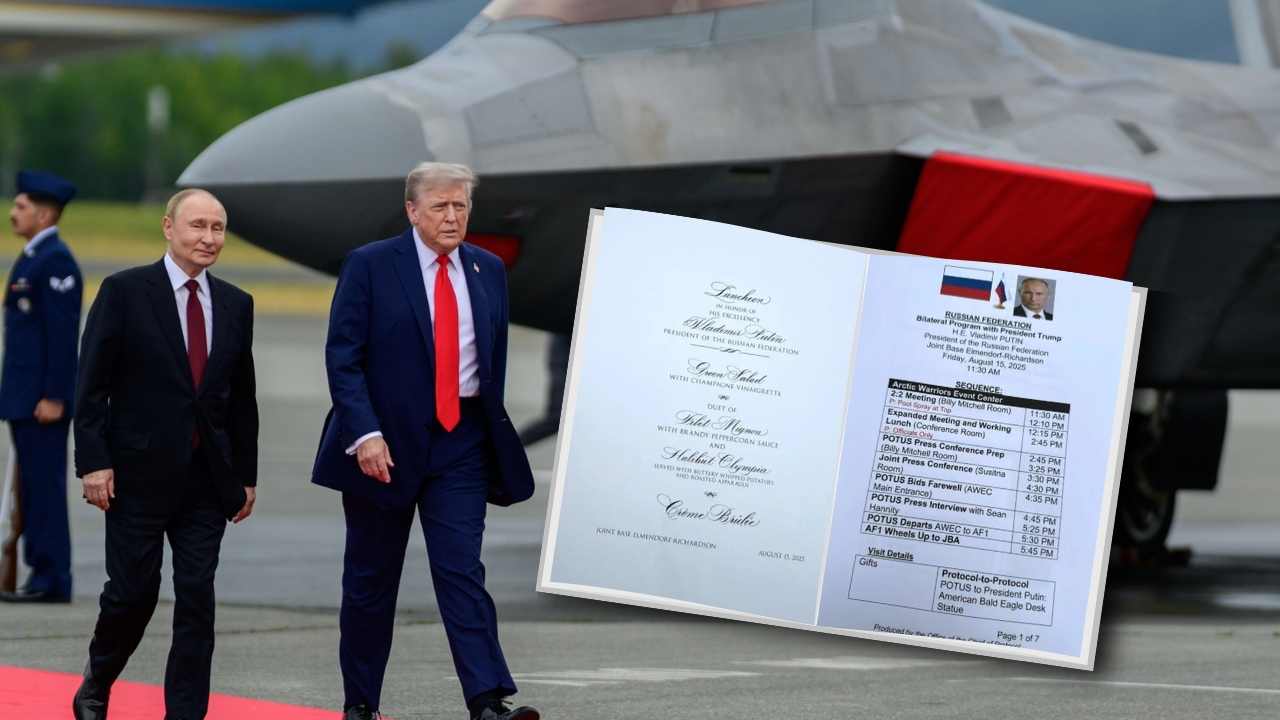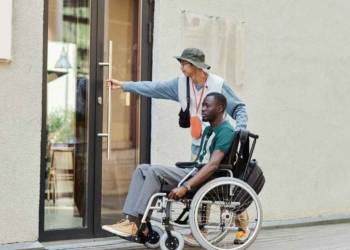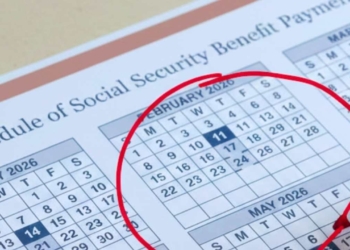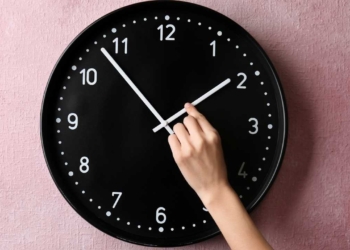Sensitive government documents detailing arrangements for the August 15, 2025, summit between former President Donald Trump and Russian President Vladimir Putin were discovered abandoned in a public printer at Anchorage’s Hotel Captain Cook.
The incident occurred on the morning of August 16, raising immediate security concerns about the handling of classified materials. The documents, bearing official U.S. Department of State markings, were found by hotel guests and reported by several news sites. And, oh boy, did it go viral?
Sensitive Alaska summit details exposed publicly
Three guests discovered an eight-page document packet around 9 a.m. in the hotel’s business center, approximately 20 minutes from Joint Base Elmendorf-Richardson where the summit took place. One guest photographed the materials and requested anonymity due to fear of retaliation.
Evidence suggests U.S. personnel printed the documents and left them unattended. This occurred one day after the extended bilateral meeting, which Trump characterized as a “10” in productivity, focusing on U.S.-Russia relations and advancing peace in Ukraine.
The abandoned pages contained operational specifics for the Anchorage summit. Page one outlined precise meeting schedules and designated room locations within the military base. Notably, the documents indicated Trump intended to present Putin with an “American Bald Eagle Desk Statue” as a ceremonial gift.
Pages six and seven detailed a canceled three-course luncheon plan, listing a menu of green salad, filet mignon, halibut Olympia, and crème brûlée.
White House downplays abandoned classified docs
A seating diagram placed Trump and Putin directly opposite each other. Flanking Trump were six officials: Secretary of State Marco Rubio, Secretary of Defense Pete Hegseth, and White House Chief of Staff Susie Wiles on his right; Treasury Secretary Scott Bessent, Commerce Secretary Howard Lutnick, and Peace Envoy Steve Witkoff on his left.
Putin’s side included Foreign Minister Sergey Lavrov and Foreign Policy Assistant Yuri Ushakov. Pages two through five listed names and phone numbers for three U.S. government employees and thirteen U.S. and Russian state leaders, including phonetic spellings for Russian names like “Mr. President POO-tihn.”
White House Deputy Press Secretary Anna Kelly addressed the incident on August 17, downplaying its significance. Kelly described the materials as a “multi-page lunch menu” and asserted their presence on a public printer did “not constitute a security breach.”
The White House did not respond to subsequent requests from several news media for additional comment. The U.S. State Department did not reply to NPR’s inquiries about the compromised documents.
“You simply do not leave things on printers”
Security specialists expressed stronger concerns. UCLA national security law professor Jon Michaels characterized the incident as “further evidence of the administration’s carelessness and incompetence.” Michaels stated, “You simply do not leave things on printers. It’s that simple.”
Independent security analysts described the event as a “major security lapse” in online commentaries, noting uncertainty persisted due to the State Department’s silence on potential risks from the exposed information.
This episode marks the latest in a series of security lapses under the administration. Earlier that week, a law enforcement group chat related to an attempted murder investigation inadvertently added an unauthorized individual.
In March 2025, national security officials mistakenly included a journalist in a chat discussing imminent military actions in Yemen. These recurring incidents have amplified scrutiny of protocols surrounding sensitive operations.
The Anchorage documents’ exposure carries implications for ongoing diplomatic engagements, particularly regarding Ukraine peace negotiations. European leaders and Ukrainian President Volodymyr Zelensky had previously voiced apprehension about the summit’s objectives. Security analysts observe that such errors reflect compromised judgment in high-stakes diplomatic preparations, especially during heightened tensions with Russia.







